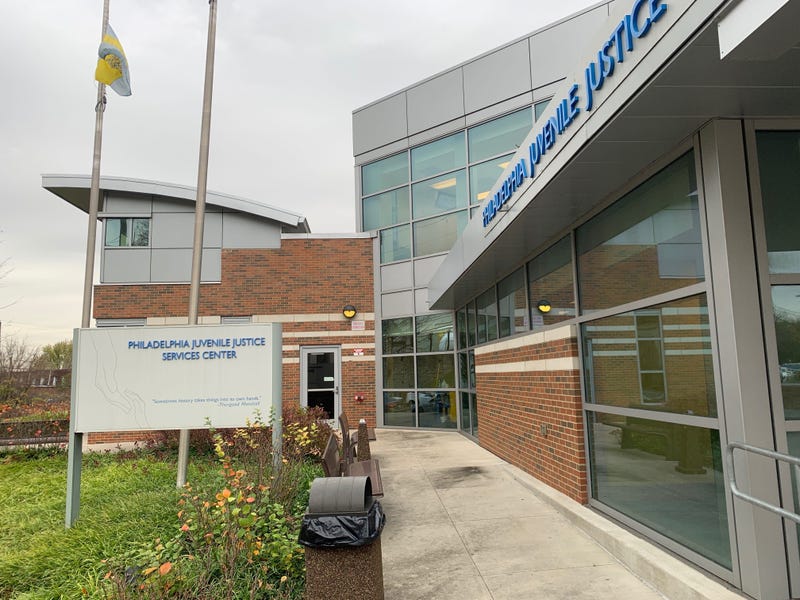
PHILADELPHIA (KYW Newsradio) — Philadelphia officials say there has been a dramatic turnaround at the city’s Juvenile Justice Services Center, from dangerously overcrowded to just slightly over capacity — thanks to a judge’s order and a combination of actions to improve conditions.
In an October lawsuit against the state, Philadelphia Deputy Commissioner for Human Services Gary Williams wrote that the JJSC was in a state of crisis, with 230 youth crammed into a facility meant for 184. The state had stopped accepting custody of 90 youth sentenced to its care.
Children were sleeping on the floor, with no programming, no visits, and fights so violent police twice had to be called.
But Williams said conditions would improve overnight if state officials took the youth who were sentenced to their custody.
“There’s been a lot of improvement,” said Williams.
Under the judge’s order, the state took 15 youths in November. At the same time, the JJSC worked with Family Court to get the most violent youth transferred to a juvenile unit in the adult prison on State Road.
It also worked with the probation office to get low-level offenders out of detention and back home.
The JJSC population has fallen to 187, so children are no longer sleeping on the floor in the admission area.
“We’ve done a lot of work to reduce the numbers. I’m not going to say we’re where we want to be, but it’s certainly better than it had been,” Williams said.
“Young people are able to be transferred into a living unit and able to be integrated into the programming and the regular routine.”
Michelle Mason of the Defenders Association of Philadelphia agrees conditions have improved, but she still has concerns.
“The pressure is off for the short-term solutions, but if we’re not looking at long-term solutions, this has the opportunity to happen again at any time,” she said.
Mason said advocates don’t want to see a reliance on adult prison.
“I do have concerns about the increasing numbers of young people on State Road,” she said, “but generally speaking, moving kids to their placements as they’re supposed to be, that’s good news; moving kids home, that’s obviously good news. That should be the priority.”



